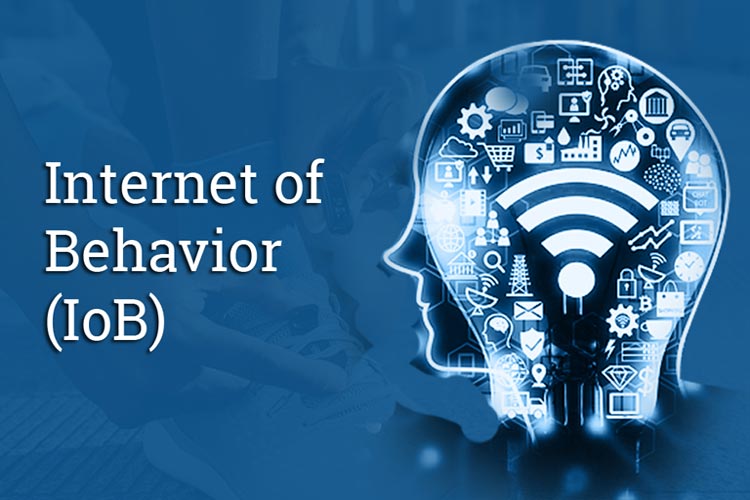In the ever-evolving landscape of https://Techarp.co.uk, a new paradigm is emerging that promises to reshape the way we perceive and interact with the digital realm – the Internet of Behaviors (IoB). This groundbreaking concept goes beyond the traditional realms of connectivity and data exchange, delving into the intricate web of human behaviors and their implications for businesses, societies, and individuals. In this article, we will unravel the concept of IoB and explore its far-reaching implications.
What is the Internet of Behaviors?
The Internet of Behaviors (IoB) is a novel technological concept that revolves around the idea of capturing, analyzing, and leveraging data related to human behaviors. Unlike its predecessor, the Internet of Things (IoT), which primarily focuses on connecting devices and collecting data from them, IoB extends its reach to monitor and understand human actions, both online and offline. This involves the integration of various technologies, such as sensors, artificial intelligence (AI), and data analytics, to create a comprehensive profile of individual behaviors.
Key Components of IoB
Understanding IoB requires a closer look at its key components:
a. Data Collection Devices: IoB relies heavily on the deployment of data collection devices such as sensors, wearables, and smart devices. These devices continuously gather data related to users’ activities, preferences, and interactions.
b. Data Processing and Analytics: The collected data undergoes rigorous processing and analysis, often facilitated by advanced AI algorithms. This step is crucial in extracting meaningful insights from the vast amount of behavioral data.
c. Behavioral Profiling: IoB creates detailed profiles of individuals based on their behavior patterns. These profiles encompass online activities, social interactions, purchasing habits, and more.
Implications of IoB
The rise of IoB brings about a myriad of implications, both positive and challenging, across various sectors:
a. Personalized Experiences: IoB allows businesses and service providers to tailor their offerings based on individual behavior profiles. This leads to more personalized and relevant experiences for consumers.
b. Enhanced Security Measures: By analyzing behavioral patterns, IoB can contribute to the development of advanced security measures. It enables the identification of anomalous behaviors, aiding in the prevention of fraudulent activities and cyber threats.
c. Ethical Concerns: The extensive monitoring of behaviors raises ethical concerns related to privacy and consent. Striking a balance between leveraging IoB for innovation and safeguarding individual privacy remains a significant challenge.
Industries Embracing IoB
IoB is already making waves in several industries, transforming the way they operate:
a. Retail: IoB enables retailers to understand consumer behavior in-store and online, leading to improved inventory management, targeted marketing, and enhanced customer experiences.
b. Healthcare: In the healthcare sector, IoB facilitates remote patient monitoring, medication adherence tracking, and the development of personalized treatment plans.
c. Finance: Financial institutions leverage IoB to analyze spending patterns, detect fraudulent activities, and provide customized financial solutions.
Challenges and Considerations
As with any transformative technology, IoB comes with its set of challenges and considerations:
a. Privacy Concerns: The extensive data collection and profiling raise concerns about individual privacy. Stricter regulations and transparent data usage policies are essential to address these concerns.
b. Security Risks: The increased connectivity and reliance on data make IoB susceptible to security risks. Safeguarding the collected data from breaches and unauthorized access is a paramount concern.
c. Regulatory Framework: The rapid evolution of IoB outpaces regulatory frameworks, necessitating the development of robust guidelines to govern its ethical and legal aspects.
The Future of IoB
As IoB continues to gain momentum, its future holds promising advancements and challenges. The widespread adoption of this concept will depend on how effectively businesses and societies navigate the ethical, privacy, and security considerations associated with the extensive monitoring of behaviors.
Conclusion:
The Internet of Behaviors is not merely a technological trend; it represents a fundamental shift in how we understand and interact with the digital world. Its implications touch upon various aspects of our lives, from personalized experiences to ethical considerations. As we navigate this transformative journey, striking a balance between innovation and safeguarding individual rights will be crucial in shaping a future where IoB contributes positively to our societies and industries.

